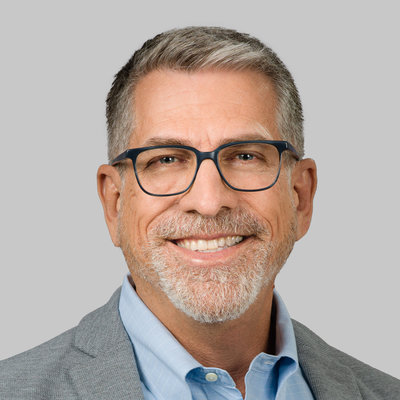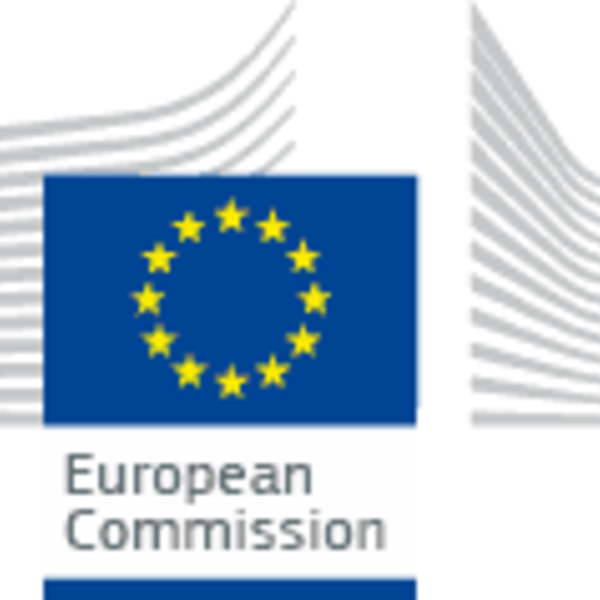LATIN AMERICA & THE CARIBBEAN AND SUB-SAHARAN AFRICA

Latin America & the Caribbean
and sub-Saharan Africa
Finance in Motion GmbH


The eco.business Fund Development Facility has received a contribution of EUR 3 million from the European Union Latin America Investment Facility (LAIF) as part of the EU’s ongoing support for the impact investment fund.
The additional funding will finance training, pilot programs, studies, and other technical assistance projects for qualified partners in Latin America, which include financial institutions, commercial organizations, and individual businesses in the agricultural, forestry, fishery and ecotourism sectors. The Development Facility works with partners pursuing increased sustainability, biodiversity preservation, and methods to mitigate and adapt to climate change.
The LAIF was officially launched during the European Union – Latin America and Caribbean Foundation (EU-LAC) Summit in May 2010. This facility is an innovative financial mechanism that combines grants (non-refundable financial contributions from the EU) with other resources, such as loans from development finance institutions, to leverage additional financing for development and increase the impact of EU aid.
Eco.business Fund Development Facility Chairman Karim ould Chih said, “This contribution is a sign of trust in the work of the Development Facility. It will allow us to continue to provide a wide range of support measures for our partners in Latin America. By offering training to the groups and individuals we support – qualified lenders and other relevant organizations – the Development Facility continues to promote the fund’s goals of sustainable resource use, biodiversity preservation, and climate change mitigation and adaptation.”
Francisco Garcia Garcia, the Head of Cooperation of the EU in Colombia, said “Our contribution to the eco.business Fund’s Development Facility will support the design and implementation of environmental and social risk management systems, improvement of monitoring capabilities, staff training, and other initiatives in Latin America that augment the ability of financial institutions to promote businesses that preserve biodiversity and operate in a more sustainable manner.”
The Development Facility of the eco.business Fund (eco.business DF) was created in 2014 to support the fund’s conservation finance mandate. It deploys effective, targeted and innovative technical assistance to maximise the impact and extent of the Fund’s conservation finance mandate in target countries. The services of the facility encompass capacity building and training, financial sector support and applied research with the aim to strengthen the internal capacities and operations of the fund’s partner institutions.
The facility operates independently from the fund in a fiduciary arrangement under Luxembourg law. The Development Facility Committee, comprising members nominated by the KfW Development Bank, is responsible for assessing and approving all project proposals and providing strategic guidance to the facility.
The eco.business Fund is spearheading the promotion of business practices that contribute to the preservation of biodiversity, the sustainable use of natural resources, and climate change mitigation and adaptation through private enterprises. By providing financing for business practices that conserve nature and foster biodiversity, the fund seeks investments with both financial and environmental returns. The fund mainly provides loans to qualified local financial institutions that lend the money to eligible borrowers, which include holders of recognized certifications or those making improvements in line with conservation and biodiversity goals. The fund supports sustainable operations in the sectors of agriculture, fishery, forestry and eco-tourism.
The eco.business Fund leverages contributions from donors, multilateral organizations, and development finance institutions with funding from private investors to maximize outreach and impact. Seed capital was provided by the German Federal Ministry for Economic Cooperation and Development, with German Development Bank KfW acting as main sponsor. Finance in Motion, a leading impact investing company, is also an investor.
Operating hand-in-hand with the eco.business Fund, the eco.business Development Facility provides high-impact technical assistance at the sector level to local lending institutions and final borrowers.
For more information please visit
www.ecobusiness.fund and follow us on Twitter @ecobusinessfund.
About the European Union Latin America Investment Facility (LAIF)
LAIF, which is funded under the EU’s Development Cooperation Instrument (DCI), provides various kinds of grant funding for development projects:
By mobilising the required investment, LAIF speeds up the implementation of development projects and ensures that their impact is both effective and socially-inclusive. LAIF contributes to leveraging the funds needed to finance capital-intensive infrastructure projects in key sectors which might otherwise be too large to finance using market instruments alone, or by development finance institutions or beneficiary governments on their own.